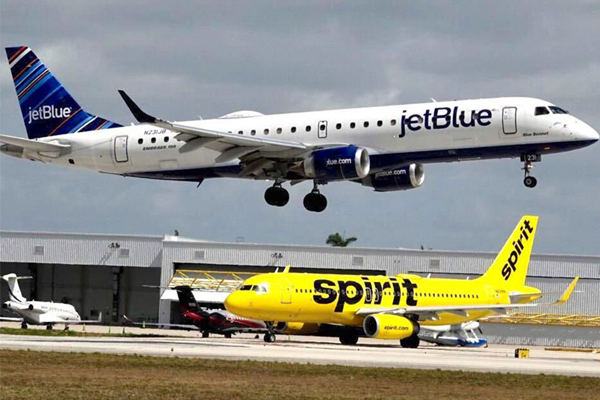September 1, 2011
By Marc Bussanich
At the Ritz-Carlton in Battery Park City, not far from the new World Trade Center Construction Site, Chris Ward, Executive Director for the Port Authority of New York & New Jersey, spoke to an eclectic luncheon audience.
Hosted by the New York Building Congress (NYBC), a diverse coalition comprised of labor unions and professionals in the construction, design and real estate industries, the luncheon’s purpose was to demonstrate how investments in public infrastructure can yield enormous economic benefits.
Ward used the word “candid” several times during his presentation, speaking candidly about how government and private infrastructure partnerships are essential, especially during economic downturns. “If we don’t invest out of the recession, we will remain in the recession.”
The audience acknowledged Ward as he ticked off some of the transportation projects accomplished by the Port Authority during its 90-year history, such as construction of the George Washington, Goethals and Outerbridge Crossing Bridges which helped spur the city to a world-leading financial and commercial hub.
But then Ward lamented over what he sees as the abandonment of the political center by national politicians and the voting politic, which he believes doesn’t bode well for the economy because the calls for “small government” is code for reduced government spending, thereby choking off funding for infrastructure projects and, consequently, economic growth.
Some of the professionals in the audience seemed to reveal their political proclivities as they smirked and grumbled when Ward continued to make his case for the benefits of government’s role in large development projects while Grover Norquist’s, president of the Americans for Tax Reform, image suddenly appeared on the projector screen adjacent to Ward.
But Ward was quick to augment his position by challenging the audience to “think back to the Progressive Era” where social activism spurred government to assume control of the city’s subway system and construct Grand Central Terminal, for example. He probably raised a few more eyebrows when he mentioned that the sometimes-maligned Big Dig was a “major success” because it helped Boston to “finally connect to its waterfront,” despite the budget and timeline overruns.
While Ward spoke candidly and thoroughly about his dislike for the current political climate that seeks to reduce government’s role in the economy, he didn’t elaborate on the issues that contributed to a strike by the Cement and Concrete Workers at the WTC site on August 1 other than to say, “All interested parties worked hard to address pressing issues.”



